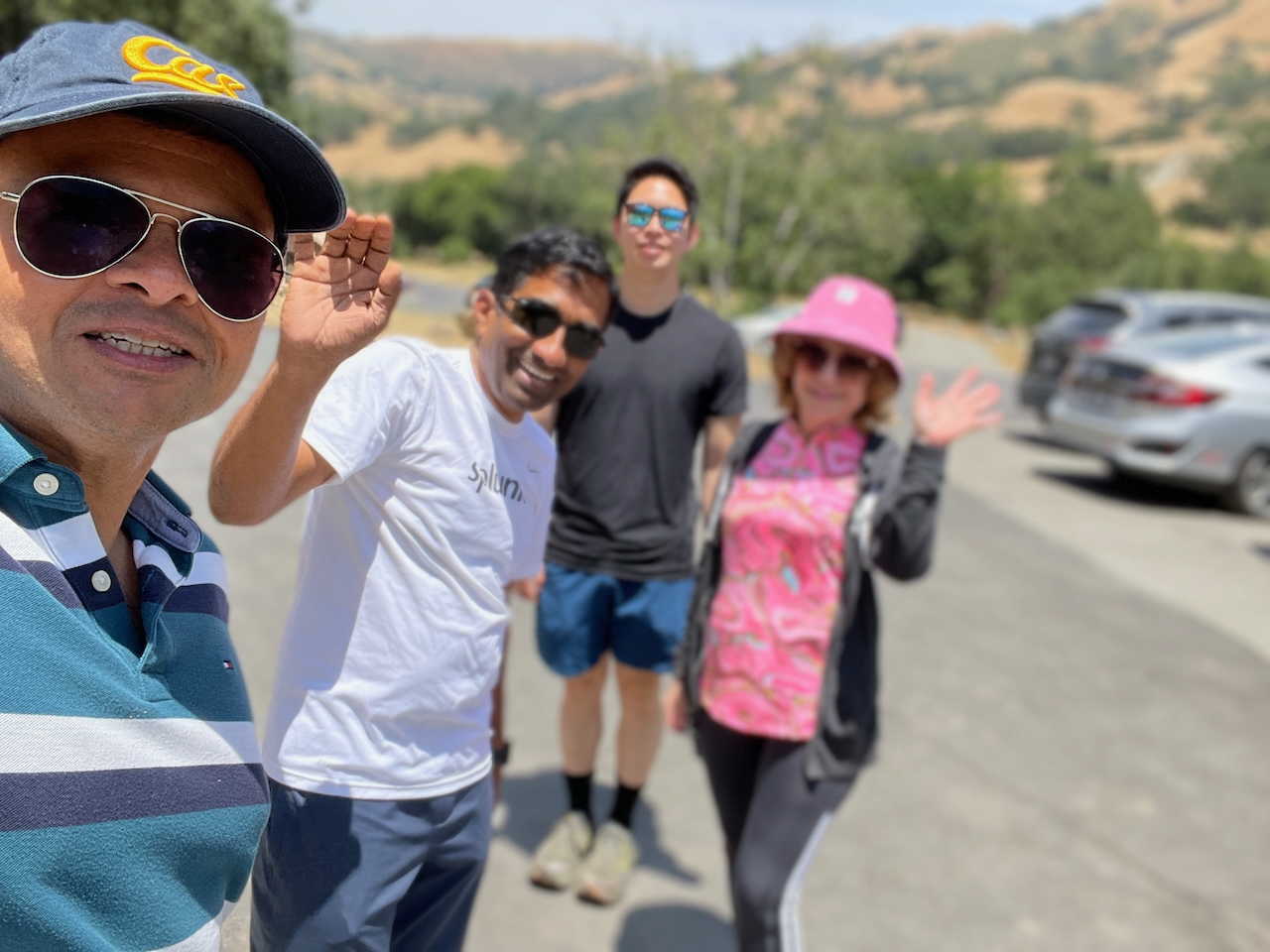An often overlooked ingredient, playfulness brings lightness and levity to outcome- and goal-driven work. It helps us connect better with our peers and helps remove stress.
Here are some ways to bring playfulness into the workplace:
- Hackathons: Hackathons can be a periodic stress reliever, as they can help us solve problems that are interesting to solve instead of always working in a focused, revenue-driven fashion.
- Team-building activities: Team-building activities are another good way to connect with your peers in a different setting and situation. Similarly, having access to board games, table tennis tables, etc., can help keep stress out and morale up.
- Celebrating small wins: Celebrating small wins by going out for lunch or even getting a pizza does a lot for employee mental health and focus.
Benefits of playfulness in the workplace:
- Increased creativity and innovation: When we’re playful, we’re more open to new ideas and perspectives. We’re also more likely to take risks and experiment, which can lead to new and innovative solutions.
- Improved problem-solving skills: When we’re faced with a challenge, a playful mindset can help us to see the problem from a new perspective. This can lead to creative solutions that we might not have thought of otherwise.
- Reduced stress and burnout: Playful activities can help to relieve stress and improve our overall well-being. This can make us more productive and engaged at work.
- Built stronger relationships: Playful interactions can help to build trust and rapport between colleagues. This can lead to a more collaborative and supportive work environment.
Playfulness is an important ingredient in a healthy and productive work environment. It can help to increase creativity and innovation, improve problem-solving skills, reduce stress and burnout, and build stronger relationships. There are many ways to bring playfulness into the workplace, so start small and see what works for your team.
